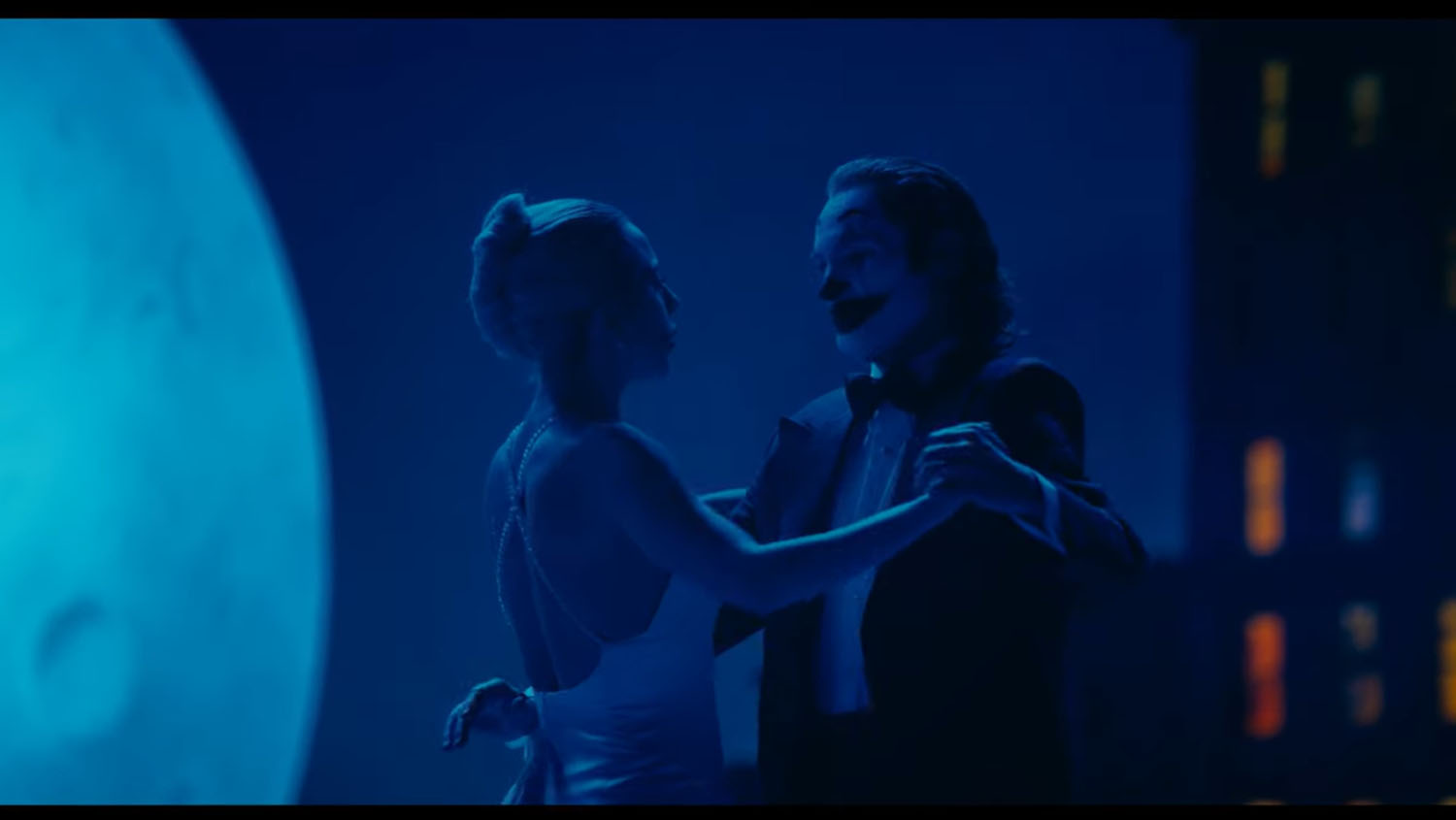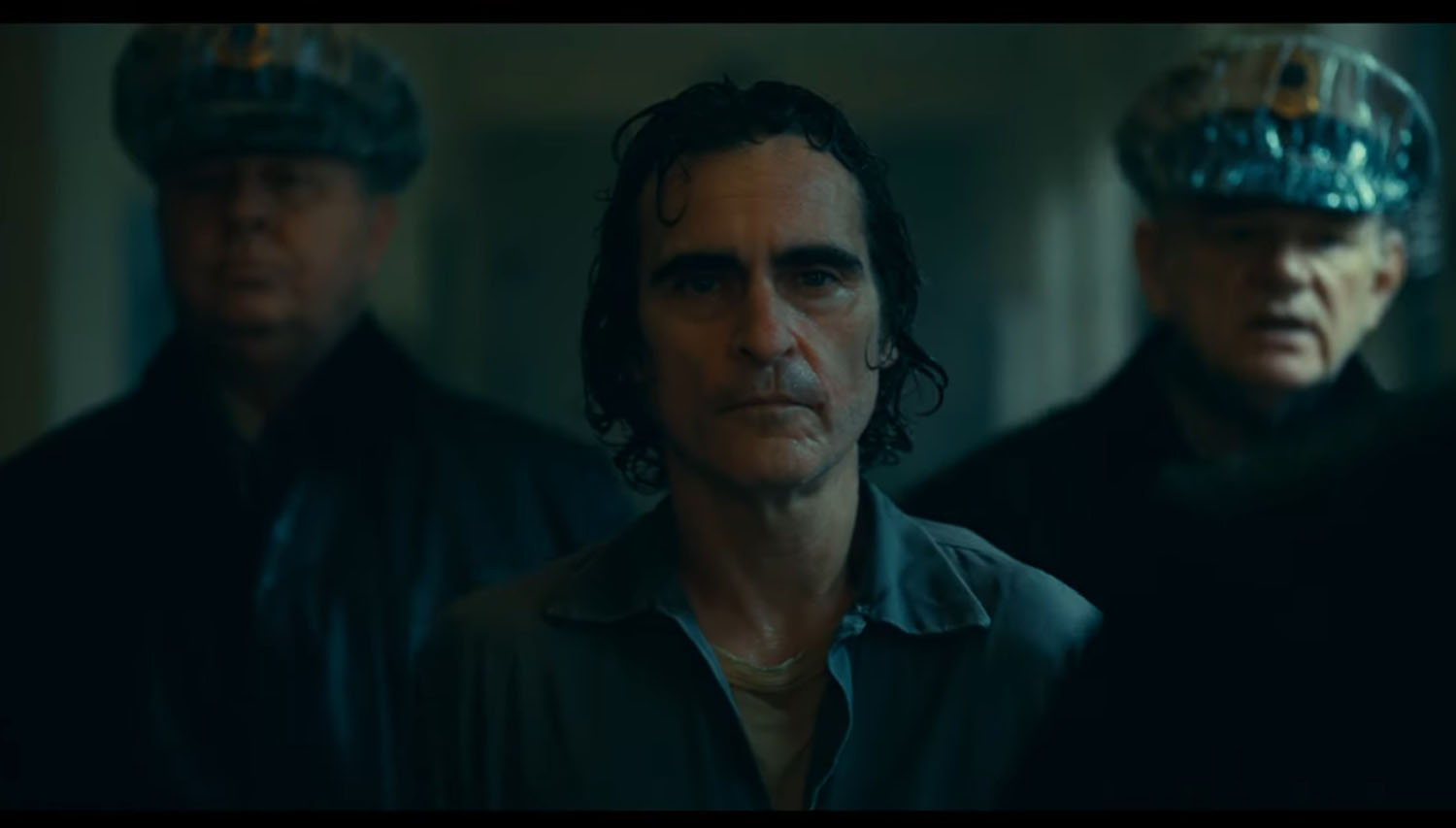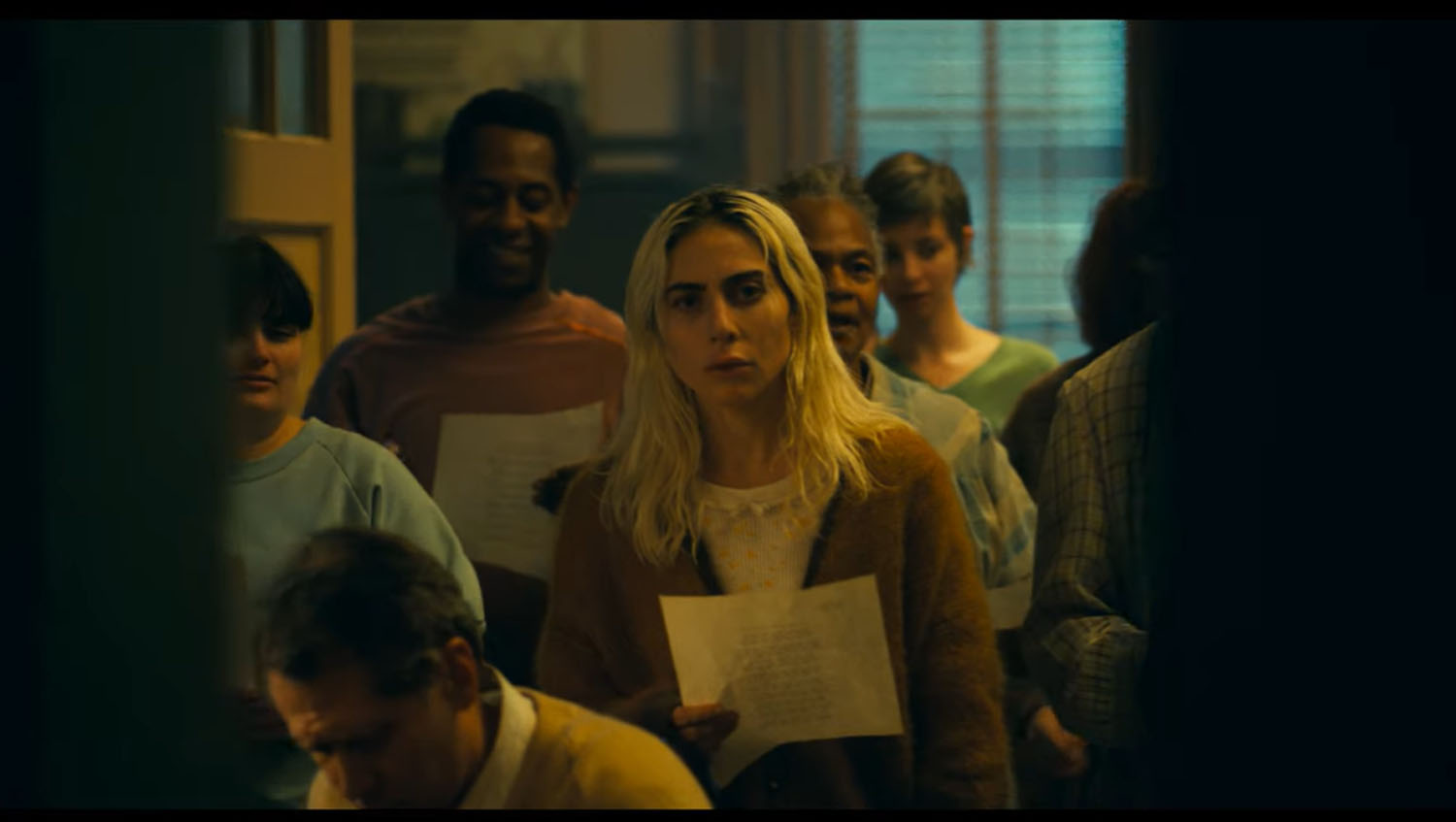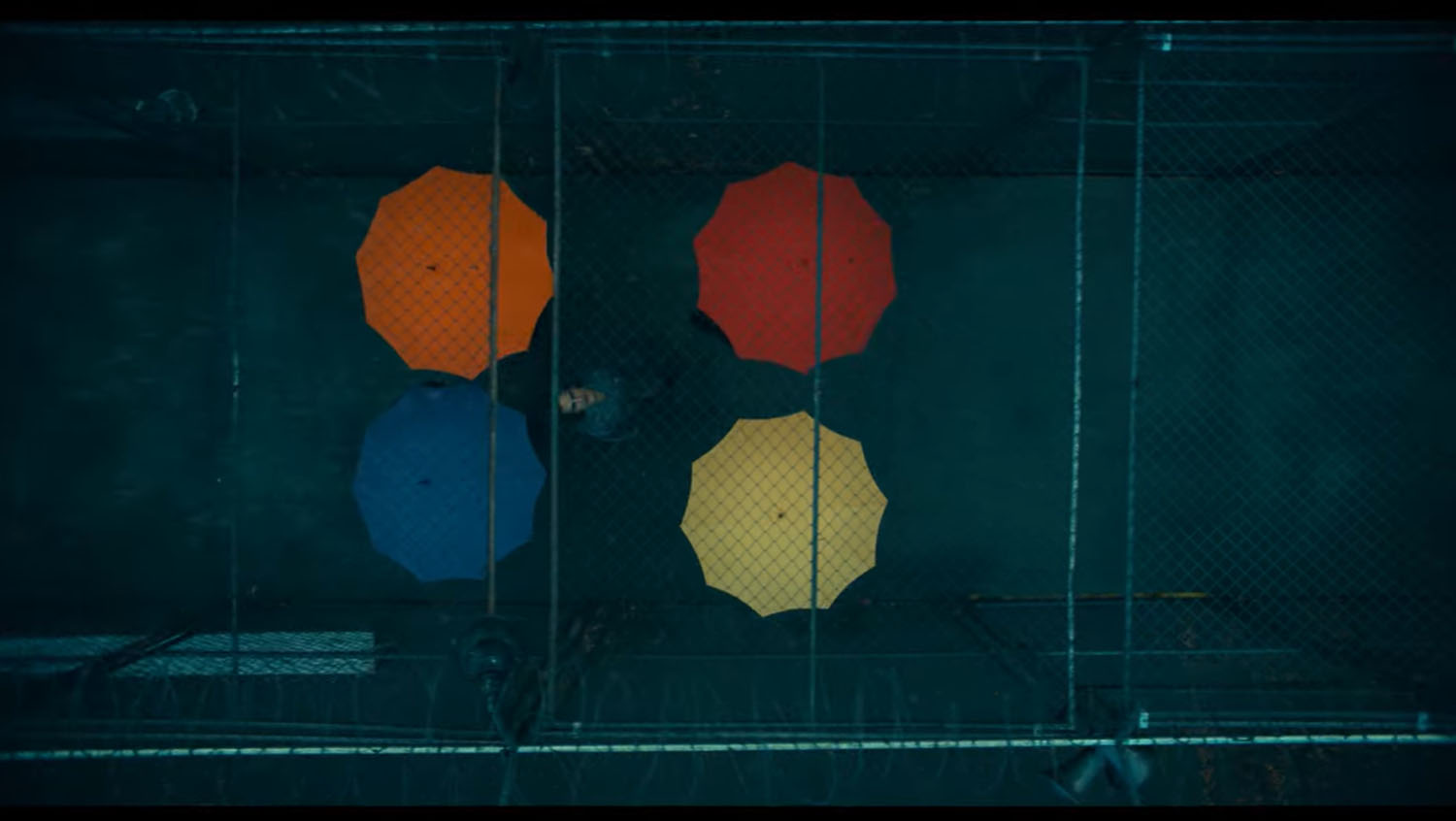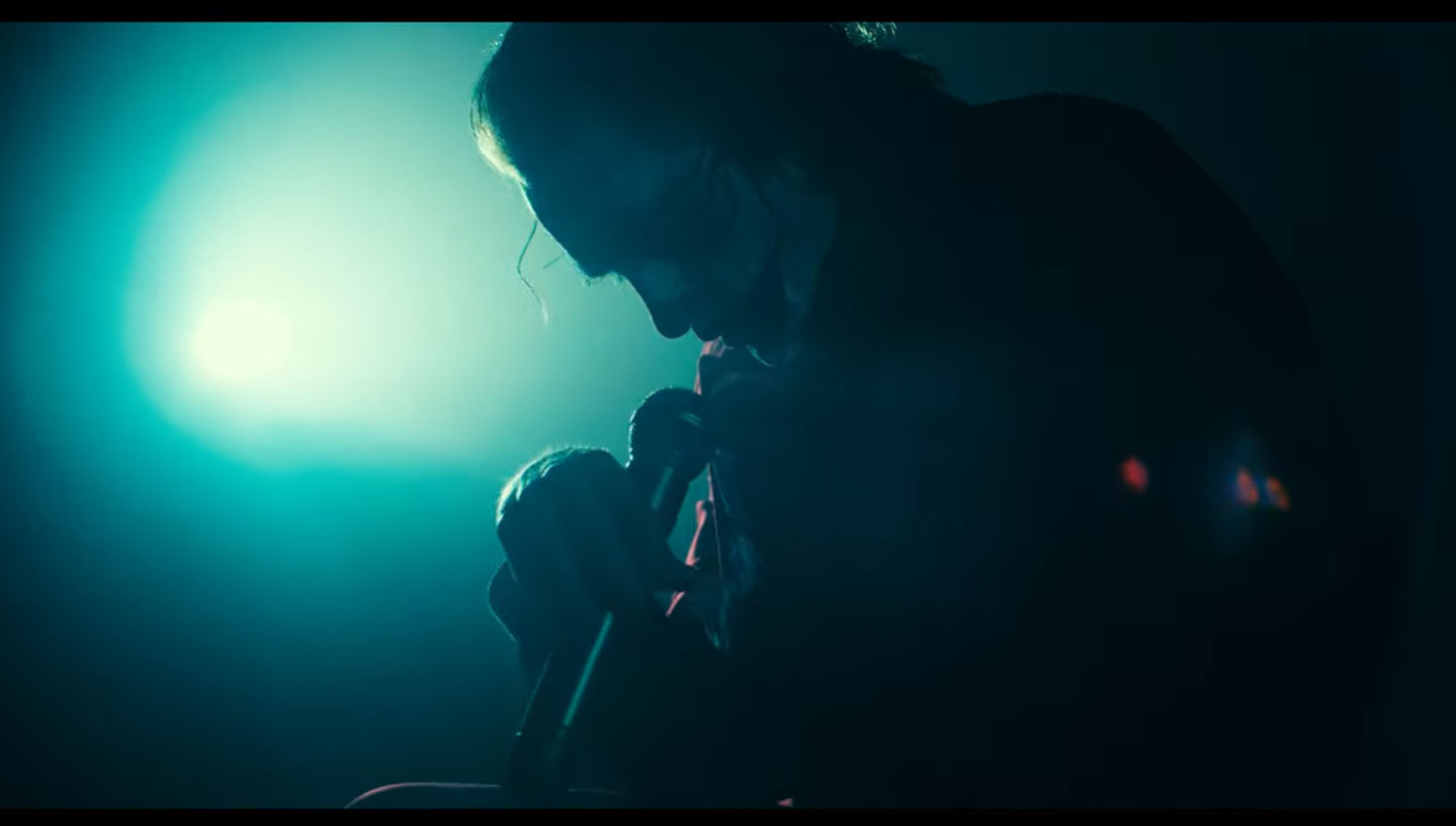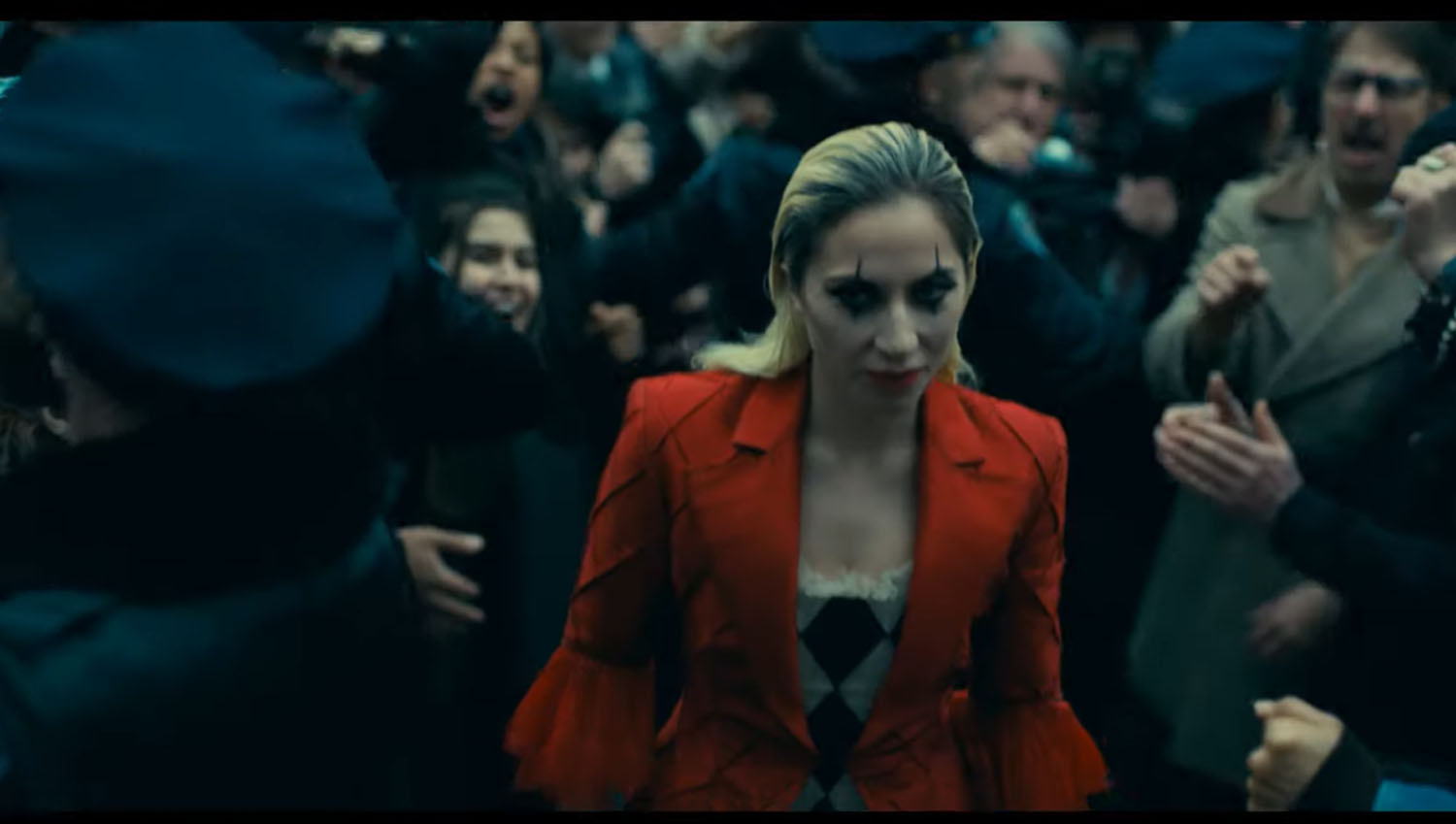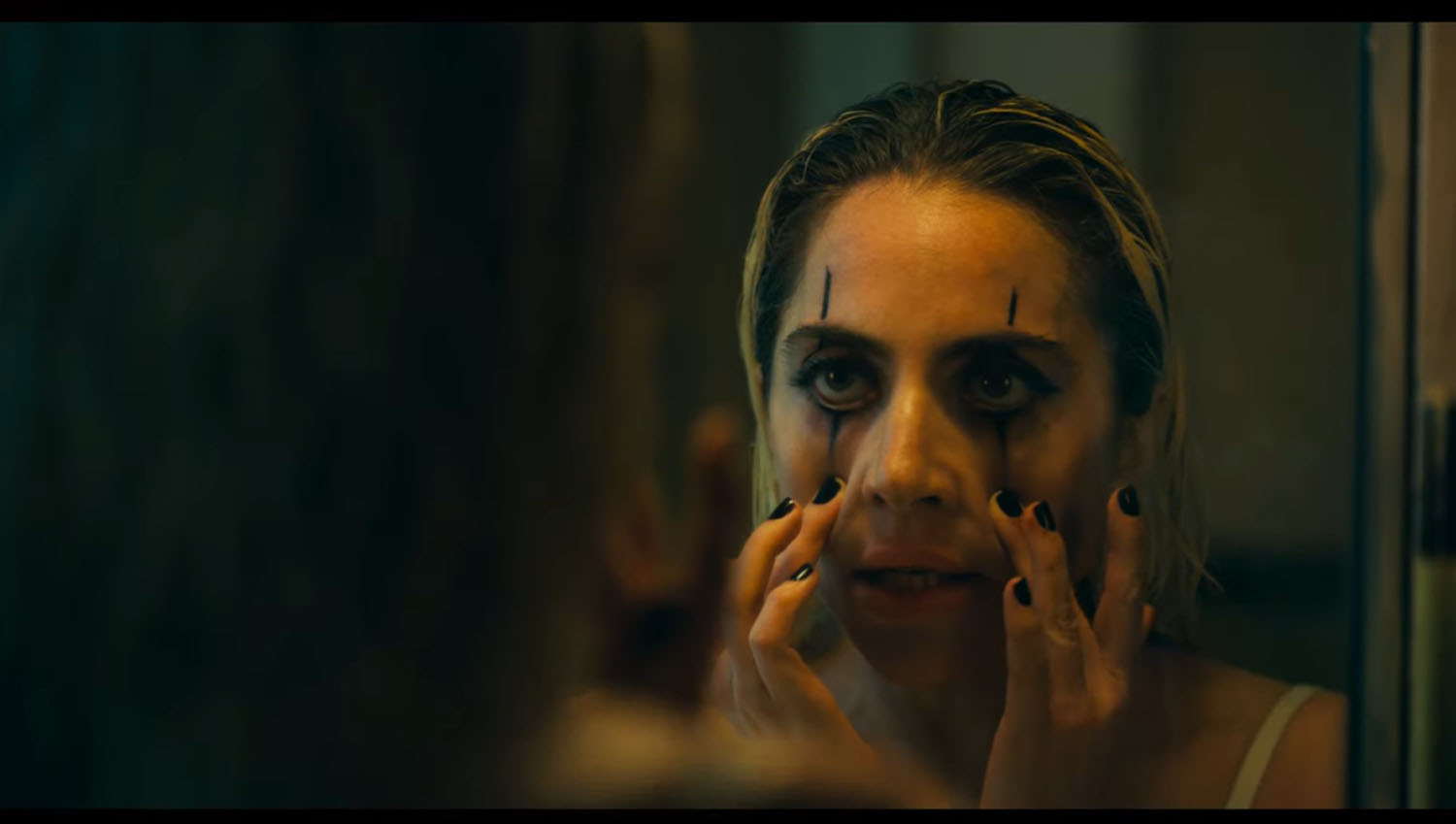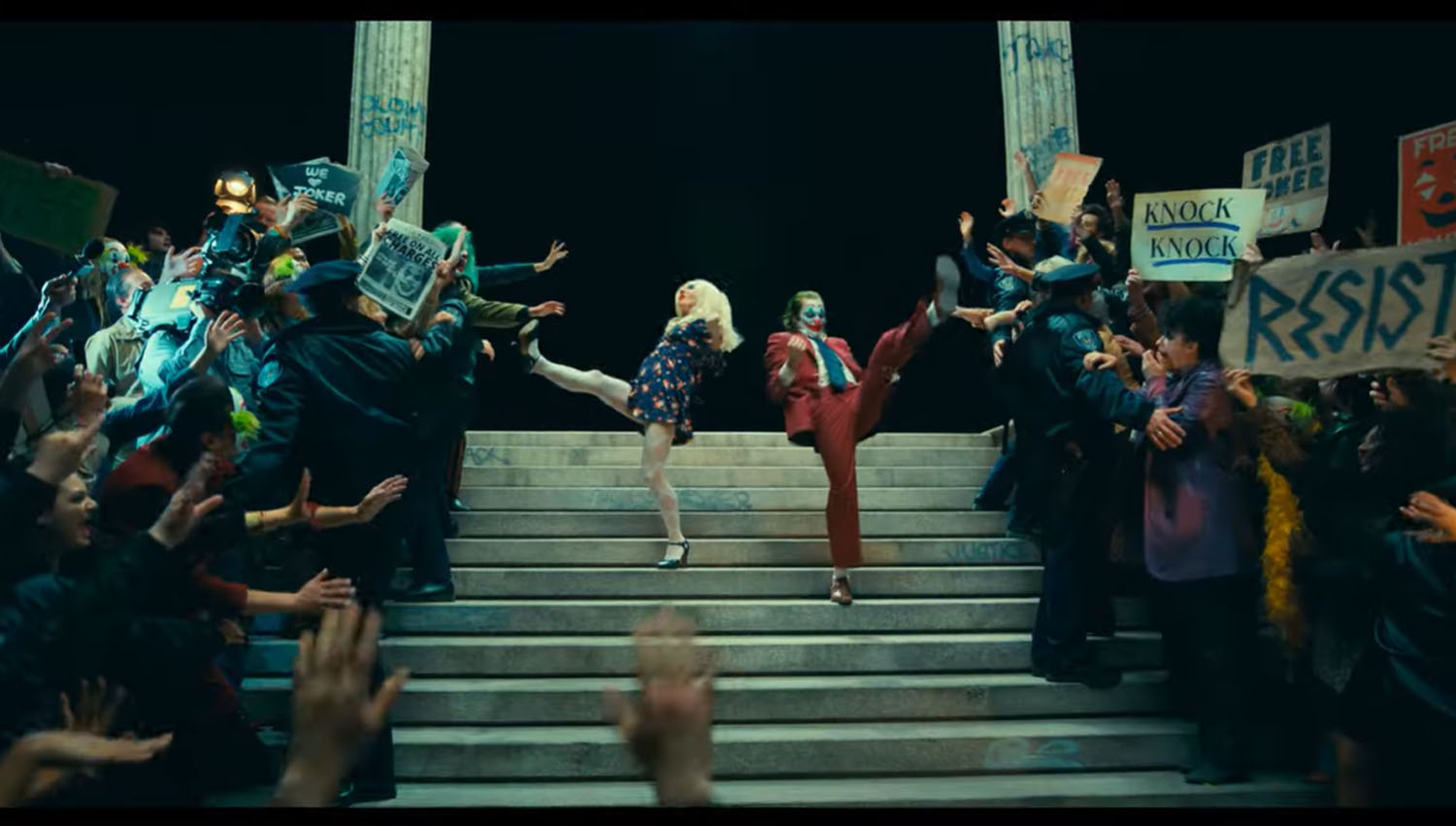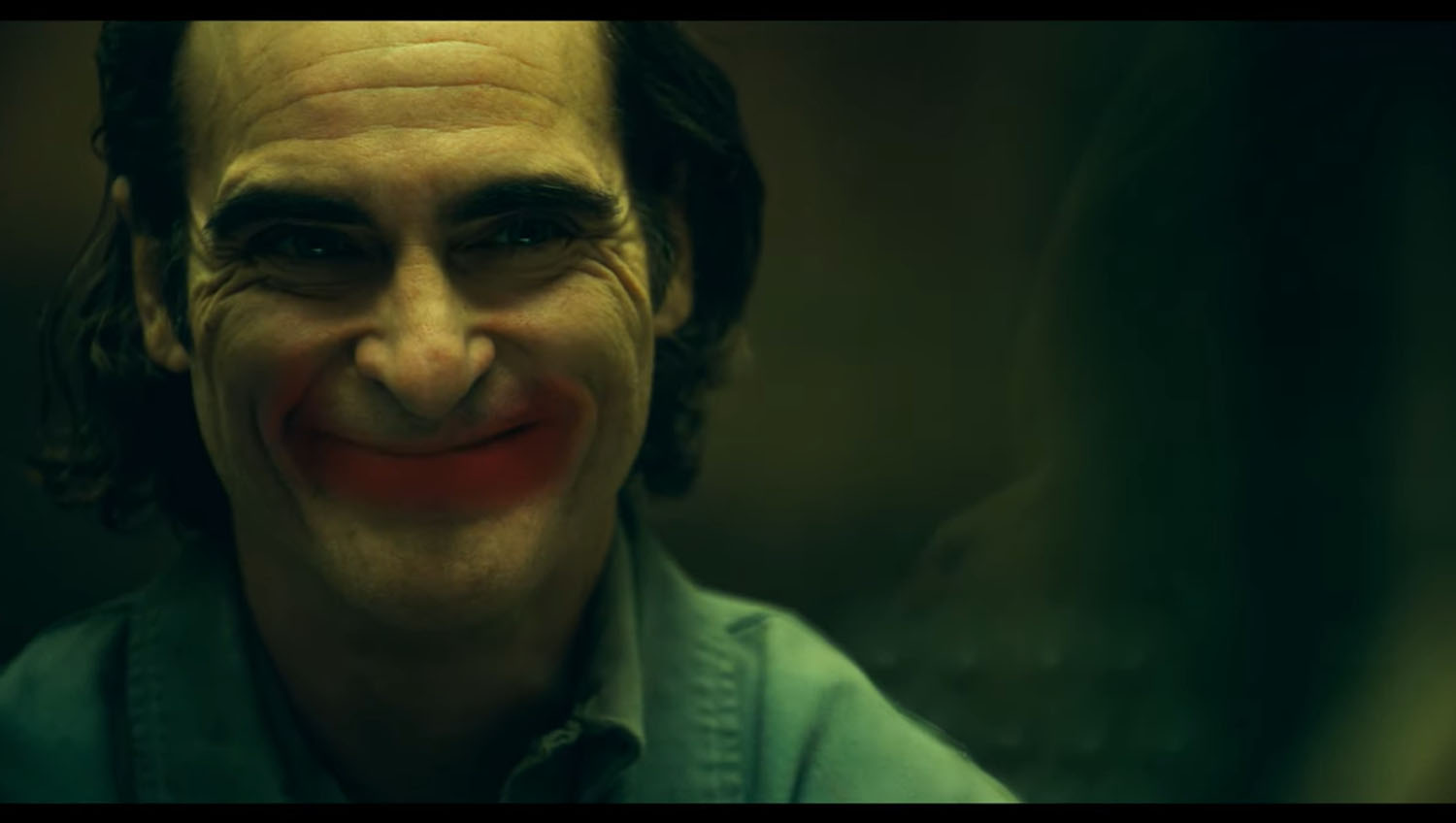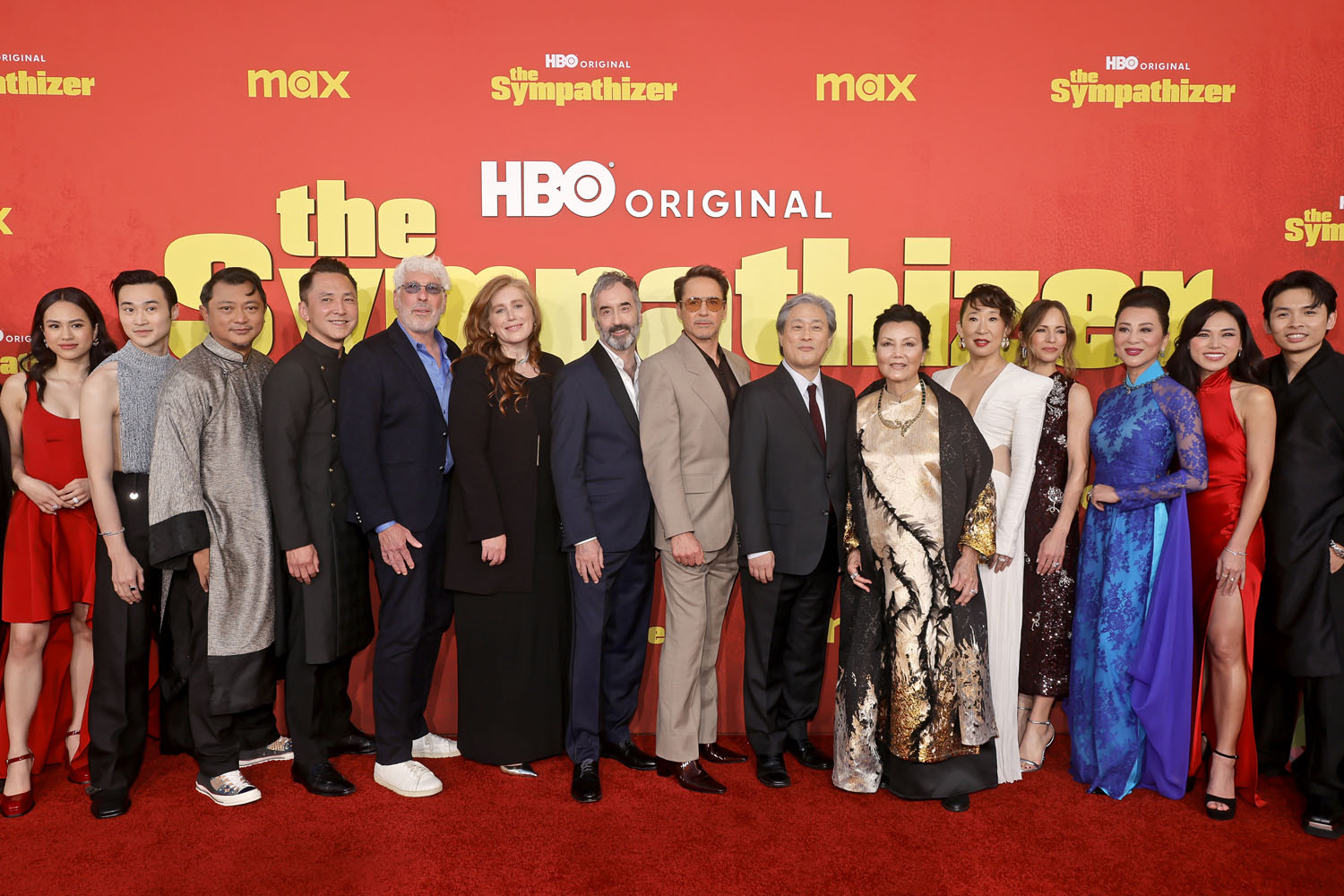Joker: Folie a here we go again


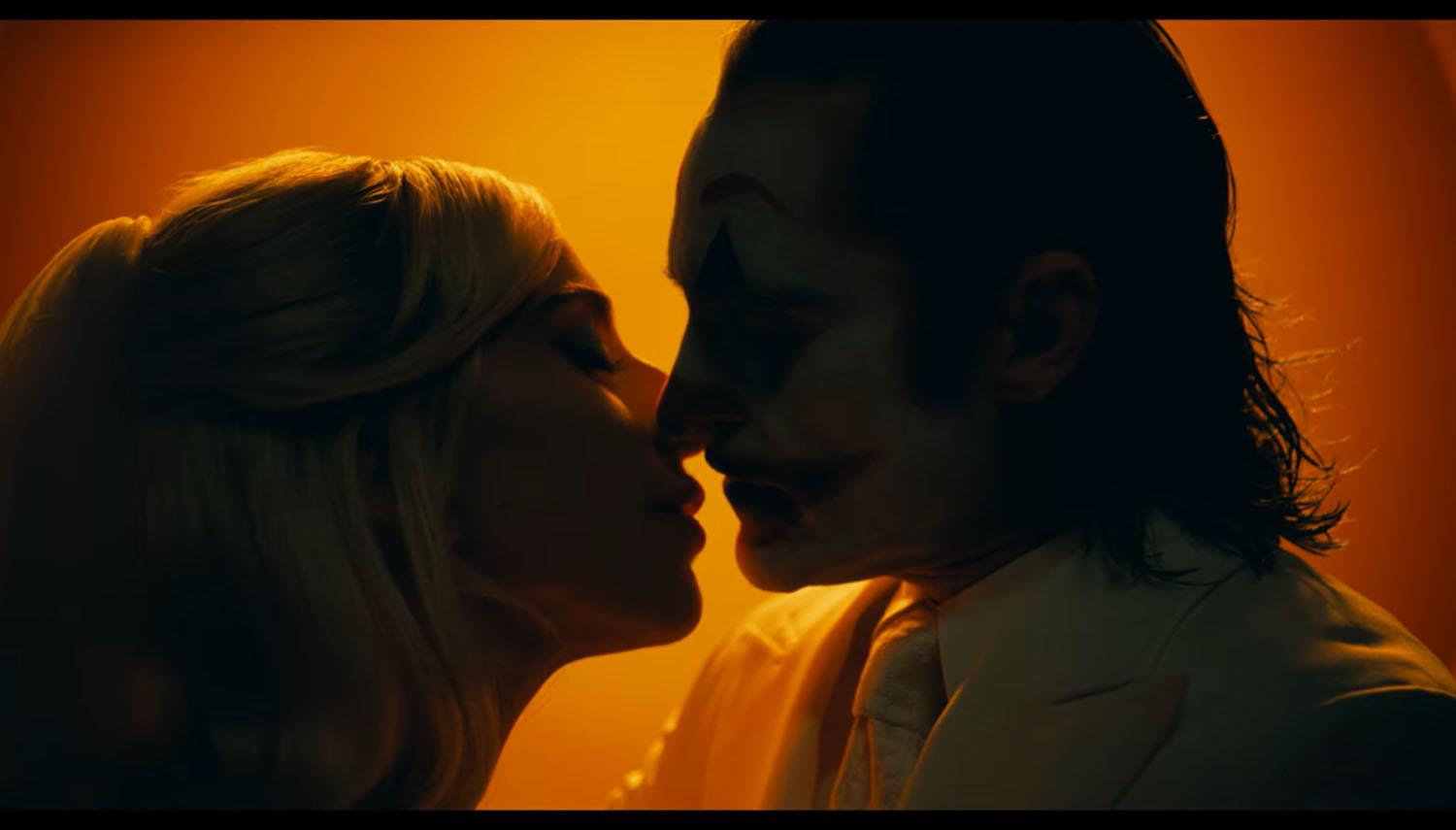
The trailer for Joker: Folie à Deux has arrived, and much like the first trailer for Joker, it’s pretty great.
There’s Joaquin Phoenix as Arthur Fleck, an inmate at Arkham Asylum, and Lady Gaga as Harley Quinn, who also appears to be an inmate at Arkham. There is classic American Songbook music, there are teases of elaborate dance numbers shot like Golden Age of Hollywood musicals, there’s a glimpse of Arthur and Harley back in Gotham, mixing it up. Gaga looks great as a stripped-down version of Harley Quinn, she and Phoenix look terrific together as a screen couple. This looks good!
…But so did Joker. And then the movie did not deliver. So, as good as Folie à Deux looks, I am much more skeptical this time because I don’t trust Todd Phillips to nail the story, the actual point of a movie. Also, I don’t love the idea that Harley is a fellow inmate at Arkham. Her whole deal is that she’s an accomplished, intelligent woman, and the Joker “one bad day”’s her into transforming from Dr. Harleen Quinzel into Harley Quinn. I hope there’s more going on with Harley than we’re seeing here, because if they’ve made less of Harley than she deserves, that will be most displeasing.
Also, this trailer appears to be falling into the “stealth musical” trend of hiding, or trying to hide, that this movie is a musical. Actually, worse, it’s a JUKEBOX musical. Or maybe it isn’t, we don’t actually know that Folie à Deux is a musical, we just know it has a lot of cover songs in it, there is no confirmation on who is singing them. When Baby Driver came out, everyone tried to say Edgar Wright “made a musical”, but Baby Driver is not a musical, it’s a movie with an aggressive soundtrack. Musicals are, specifically, narratives in which characters break into song and dance to express emotions, inner monologues, and/or dialogue. If it’s just songs playing on a soundtrack while stuff happens on screen, that isn’t a musical. We’ll see which way Folie à Deux breaks.
Maybe a backbone of music can give Folie à Deux what Joker is missing—a perspective of its own, not just cribbed from Martin Scorsese’s homework. Or maybe we’re just trading Scorsese’s homework for Busby Berkeley’s.

